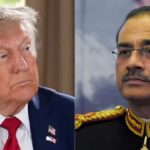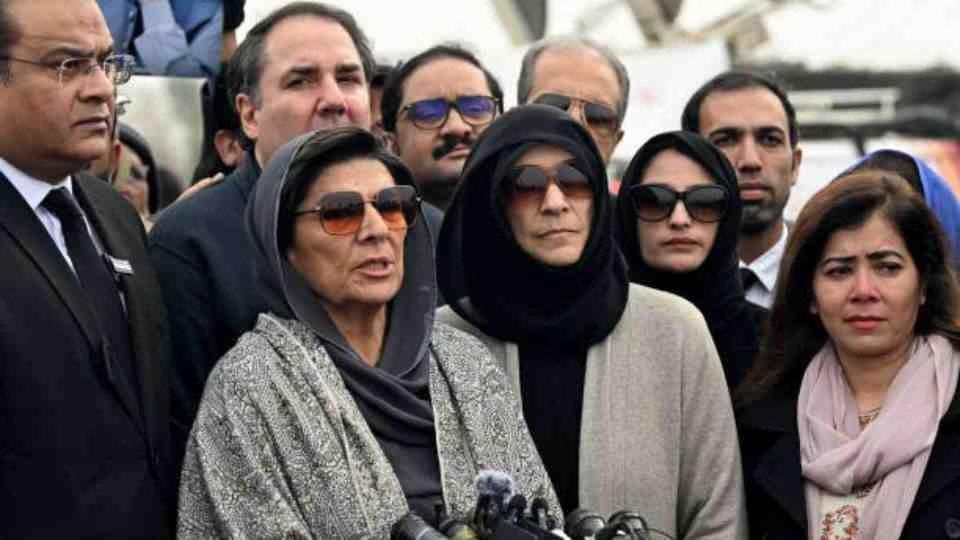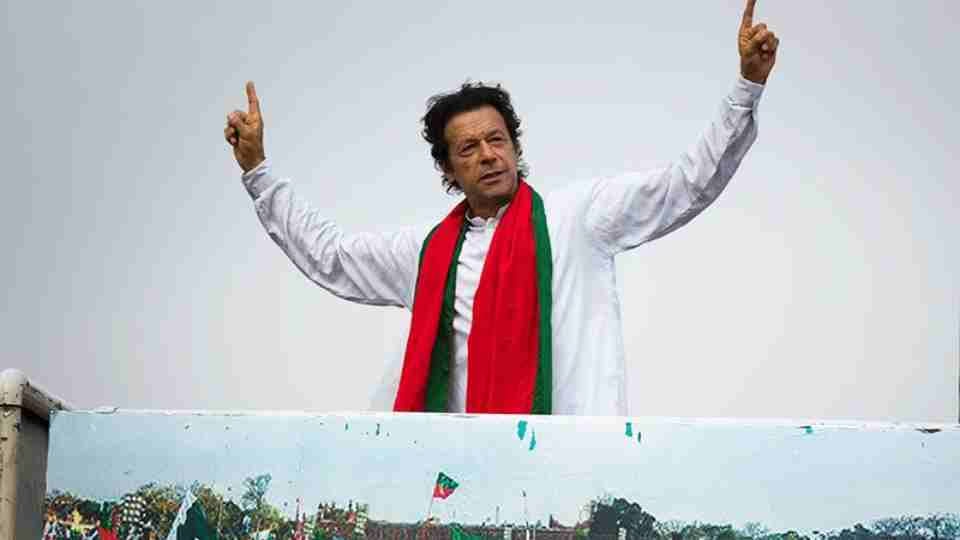A Single Act, Two Separate Celebrations
When the British Parliament passed the Indian Independence Act on July 4, 1947, it marked the end of colonial rule for August 15, 1947. On this historic date, two new nations—India and Pakistan—were born from the partition of British India. Yet today, these neighboring countries celebrate their independence on consecutive days, with Pakistan marking August 14 and India commemorating August 15. The story behind this one-day difference reveals fascinating details about the final moments of British rule.
The Race Against Time
Originally, Britain’s Labour government had planned the transfer of power for June 1948. However, Lord Louis Mountbatten, appointed as the last Viceroy of India in early 1947, faced escalating communal violence and deteriorating law and order. These urgent circumstances forced him to accelerate the timeline, moving the date forward to August 1947 to expedite British withdrawal from the subcontinent.
Mountbatten’s choice of August 15 held personal significance—it marked the second anniversary of Japan’s surrender in World War II, symbolizing the end of imperial conflict rather than nationalist celebration. The exact borders between the two new nations remained classified until August 17 to prevent potential unrest during the transition.
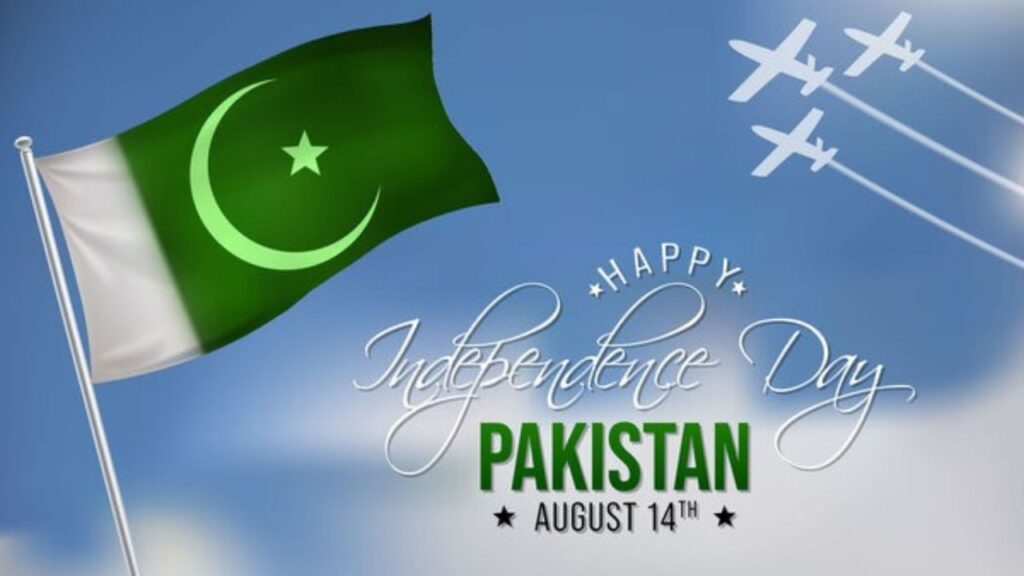
The Ceremony That Created Two Dates
The practical logistics of the power transfer ceremonies explain why the two countries now celebrate on different days. On August 14, 1947, Mountbatten officiated the formal transfer ceremony in Karachi during daylight hours. After completing Pakistan’s independence ceremony, he traveled to New Delhi to preside over India’s midnight independence ritual on August 15.
Initially, Pakistan’s official documents and founding father Muhammad Ali Jinnah referenced August 15 as their independence date. However, by 1948, Pakistan had shifted its celebrations to August 14, aligning with the actual timing of their formal ceremony.
Religious Significance Adds Meaning
The date change carried additional symbolic weight for Pakistan. August 14, 1947, coincided with the 27th day of Ramadan, a particularly sacred period in the Islamic calendar. This religious alignment gave Pakistan’s chosen date deeper spiritual significance for the newly formed Islamic republic.
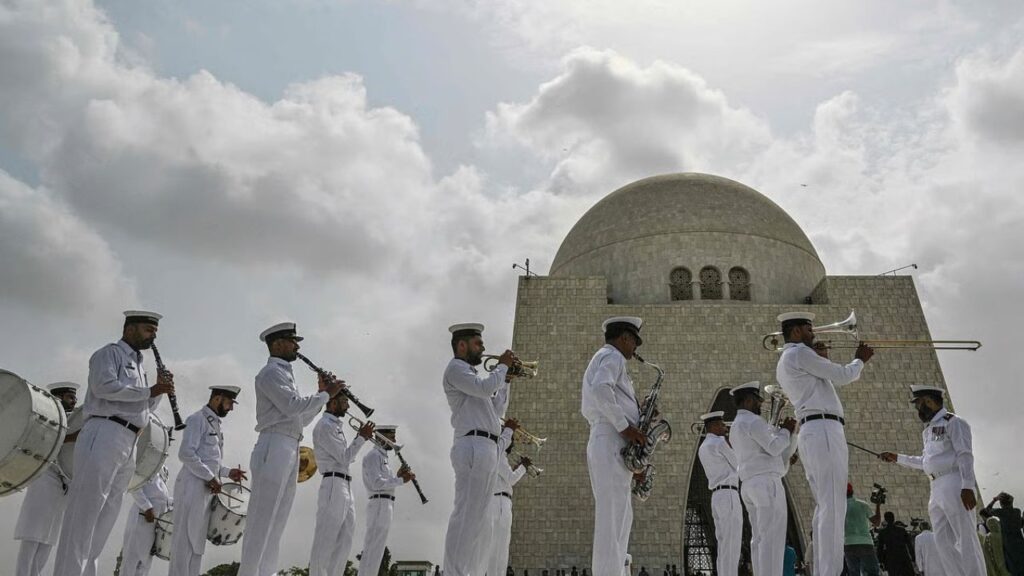
Two Nations, Two Traditions
Today, this historical quirk has evolved into distinct national traditions. Pakistan celebrates its Yaum-e-Azadi (Independence Day) on August 14, while India observes its Independence Day on August 15. Both dates commemorate the same momentous event—the end of British colonial rule—yet each nation has carved its own path in honoring this shared yet separate beginning.
The consecutive celebration dates serve as a reminder of how the partition of 1947 created two sovereign nations from one colonial territory, each with its own identity, traditions, and ways of remembering their journey to freedom.


